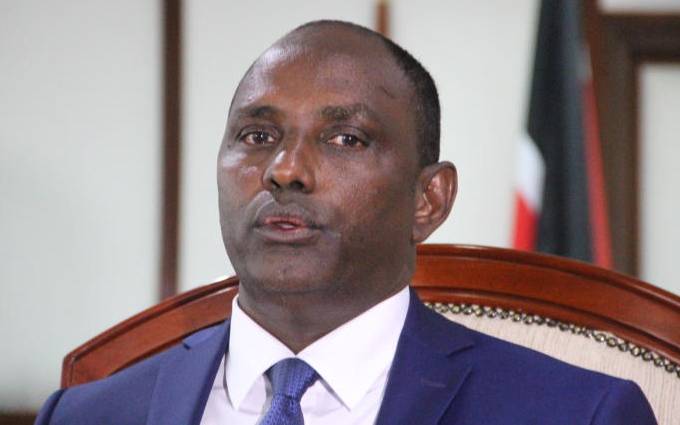×
The Standard e-Paper
Smart Minds Choose Us

Acting Cabinet Secretary in the Ministry of Labour Amb. Ukur Yatani address press on July 24, 2019, at NSSF Building office in Nairobi. [Edward Kiplimo, Standard]
Cash-rich parastatals have started remitting billions to the Treasury following a directive ordering State departments to surrender surplus cash.